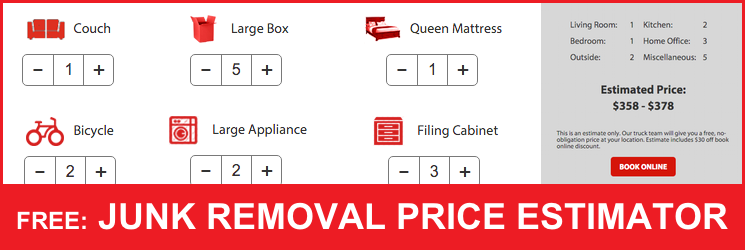Typical Errors To Stay Clear Of When Renting Out A Dumpster
Typical Errors To Stay Clear Of When Renting Out A Dumpster
Blog Article
Web Content Writer-Law Milne
When renting out a dumpster, you have to avoid common mistakes that can lead to unnecessary troubles and expenditures. Choosing the incorrect size or overloading the dumpster are challenges that can interrupt your task and expense you more than prepared for. Additionally, overlooking regulations on prohibited items can have serious effects. By avoiding these bad moves, you can guarantee a smooth rental procedure and make the most out of your dumpster experience. But there's waste management to take into consideration that can make or damage your rental success.
Incorrect Dimension Choice
When renting out a dumpster, one of one of the most usual blunders to avoid is selecting the wrong size. It's vital to examine your needs precisely to guarantee you select a dumpster that can fit all your waste. Selecting a dimension that's also tiny might result in overflow, extra charges, or the requirement to lease an additional dumpster.
On the other hand, choosing a dimension that's also large can lead to thrown away cash on extra room. To avoid this mistake, very carefully estimate the quantity of debris you'll have and review your job details with the rental firm. They can provide guidance on the ideal size based on your needs.
Overloading the Dumpster
To ensure a smooth waste disposal process when leasing a dumpster, it's crucial to be conscious of straining the container. Straining a dumpster can result in a variety of concerns that might not just aggravation you but additionally result in extra fees or delays in waste elimination.
When you exceed the weight limit or load the dumpster past its capacity, it becomes challenging for the rental company to safely transport and clear it. This can present security dangers to the motorists and others when driving.
Additionally, overloading can create damage to your residential property or the area where the dumpster is placed. Too much weight can put pressure on surfaces like driveways or parking lots, resulting in fractures or impressions.
It can also cause debris spilling out during transport, producing a mess and possibly causing injury to the setting.
Violating Prohibited Products
Staying clear of straining the dumpster is just one aspect of responsible garbage disposal; nevertheless, another critical factor to take into consideration is sticking to the list of banned things. Breaching https://angelodmvdm.tokka-blog.com/31627440/not-certain-if-you-should-engage-a-scrap-removal-solution-or-take-care-of-the-job-by-yourself-discover-the-advantages-and-negative-aspects-to-determine-the-perfect-option-for-your-cleanout-needs on what can and can't be disposed of in the dumpster can lead to major repercussions.
Harmful products such as batteries, chemicals, paints, and oils are normally banned from dumpsters because of environmental issues. These items can pollute dirt and water sources if not taken care of appropriately. Additionally, home appliances, electronics, tires, and cushions are commonly restricted as a result of their dimension and the specialized recycling processes they require.
Breaking these regulations can lead to penalties, fines, and even delays in your waste removal process. It's important to carefully review the listing of banned things provided by your dumpster rental business and make alternate plans for throwing away them. By adhering to these guidelines, you can ensure a smooth and compliant garbage disposal experience while preventing unnecessary complications.
Conclusion
To conclude, preventing usual errors when renting a dumpster, such as choosing the wrong size, overwhelming it, or breaching banned items, is crucial for a successful rental experience. By accurately examining your needs, adhering to weight restrictions, and adhering to disposal standards, you can make sure a smooth and easy process. Remember to communicate effectively with the rental business to deal with any worries and ensure a positive end result for your job.
